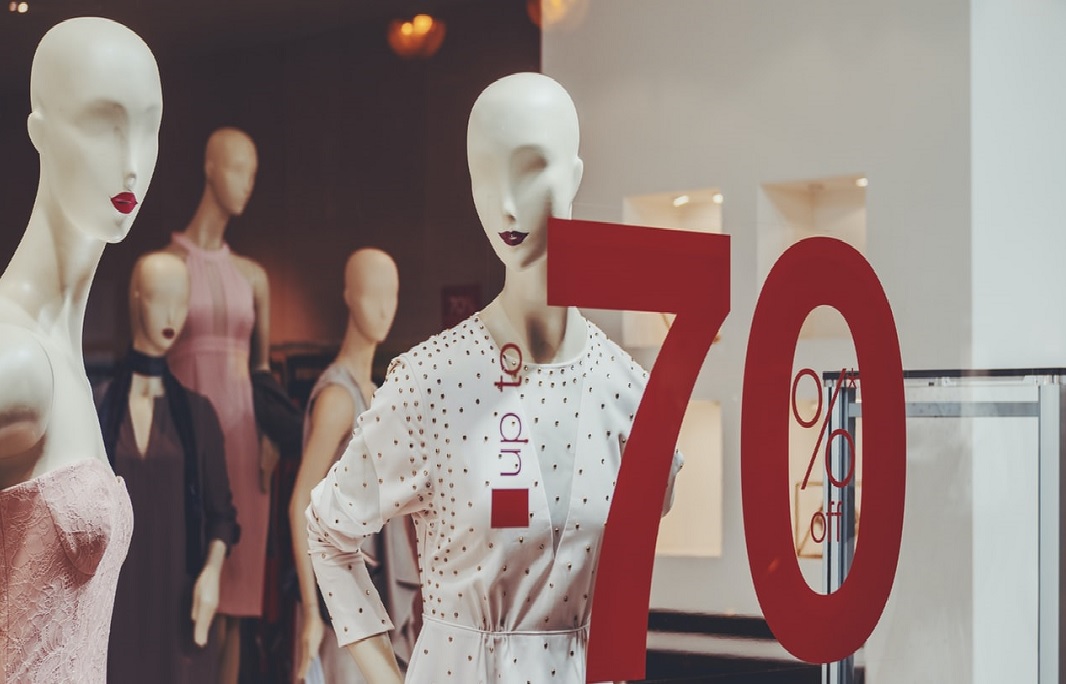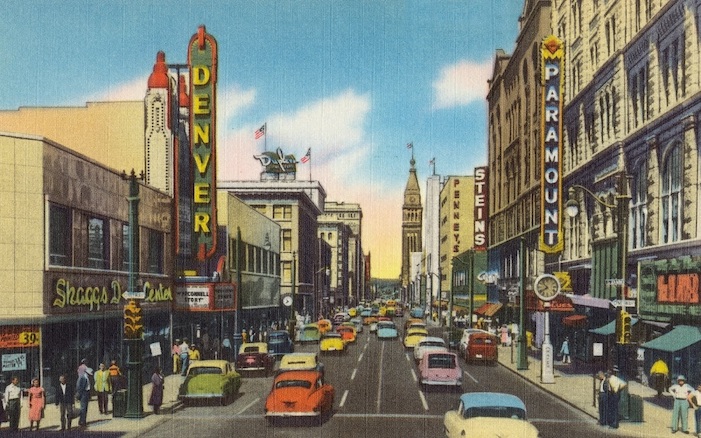External factors that influence customer satisfaction
by Jennifer Taylor on 26 January 2017 , updated on 17 June 2021

External situations and events can influence your customers’ behavior even before they enter your store. Despite your best efforts and all your goodwill, they may have an impact on the feedback and customer satisfaction levels customers express after a purchase, meaning no one is immune to dissatisfactions or negative comments which will sometimes seem unfair.
Here are some of the contextual, environmental, psychological and demographic factors which can influence your customers’ satisfaction:
Busy days
If you have set up an automised customer feedback solution in your store, you may have noticed lower levels of customer satisfaction on peak days such as those leading up to Christmas or busy Saturday afternoons.
The reason is simple: before your customers even reach your door, they will have had to find a parking space, push their way through the crowds and deal with uncomfortable background noise levels. These environmental factors linked to over-crowding are just some of the things that will influence your customers’ mood.
And unfortunately, once in your store, things may not get any better. On crowded days, customers will find it difficult to get near the items they want to see. People will get in each others’ way and find it hard to attract the attention of a salesperson to get advice on which product to buy, not to mention the never-ending queues at checkout.
To avoid overcrowding, some retailers try to offer different sales and special offers on various days of the week as well as additional discounts during off-peak hours.
Others, on the contrary, think that crowds can have a positive impact on sales, with the gregarious behavior of some pushing them to imitate the behavior and actions of others. A customer who braves a long queue to buy only one product may inspire others to do the same.
Good moods and happy faces can also be contagious! Smiling at one client should help increase the overall satisfaction of others too.
Your customer’s personality
While when entering your point of sale, some customers secretly hope to go unnoticed, others walk in with the secondary objective of socializing. In this case, over-friendly sales people are more than welcome and are even an integral part of the buying experience this type of customer expects from your store.
For the same purchase experience, two customers with different personalities can thus leave diametrically opposite feedback.
In the years to come hyper-personalization should make it possible to offer the ideal experience to everyone. But for now one can only determine on a case by case basis which behavior is best suited to which customer.
The date and time of purchase
The time, day and even month of the year can influence customer satisfaction. Here are some of the findings we noticed in 2016 when analysing customer satisfaction in over 6000 stores :
- At the end of the month, customer satisfaction is generally higher than at the beginning of the month. We noticed a 6.84% increase during several randomly picked months in 2016.
- During the summer vacation period, satisfaction is slightly lower than the rest of the year, especially in busy places like petrol stations, snack shops, wellness centers…
- During the winter sales period, the overall customer satisfaction score in France amounted to 9/10, against 8.27 / 10 during the summer sales and 8.39 / 10 on average throughout the year.
The alternatives out there
Customers will of course compare their purchase experience in your store to that offered by your competitors, but also to those offered by all the other brands they visit.
If a store is able to offer better service than yours, no matter what industry it is, customer satisfaction with your brand will inevitably decrease.
So do not limit competitive intelligence to other businesses in your sector. Good practices, inspiration and innovations can be found everywhere!
The geographic location
Are Parisians really more demanding than other French people?
For most of our customers, we find that stores situated in Paris, and especially those with high traffic, have a lower level of satisfaction than the others. In fact, within the same retail networks, 83% of sites and stores located in Paris, have a lower level of customer satisfaction than those based in other parts of France. Worse, it seems that Parisians also rant more than others, with a higher level of customer dissatisfaction than in the rest of the country.
Is the reason hyper-competition or is the staff simply overwhelmed by too many visitors?
It is of course impossible to give a universal explanation for this phenomenon, which greatly depends on the type of services offered, but it has the merit of reminding us that it is not always possible to equally compare everything!
Share this
Related blog posts

What impact do sales have on customer satisfaction?

3 customer satisfaction indicators you need to monitor now!

.png?width=9900&height=2126&name=wizville_logo_couleur_fond_blanc%20(1).png)